Among the many obstacles to widespread EV adoption, long charging times are often cited as a major consumer headache. But a new battery breakthrough could make it as quick – and potentially even easier – to charge up an EV as it is to fill a gas tank.
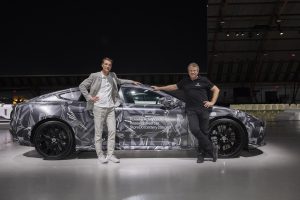
Polestar CEO Thomas Ingenlath and StoreDot CEO Doron Myersdorf show off a test “mule” used to validate the Israeli firm’s new battery technology.
Working with StoreDot, an Israeli start-up, EV start-up Polestar is testing a new battery technology in a prototype version of its Polestar 5 sports sedan that can go from a 10 to 80% state-of-charge in as little as 10 minutes.
That’s about as fast as most vehicles take to fill up their gas tanks – and there could be another advantage, as new plug-and-charge technology automatically passes a motorist’s billing information to the charger so there’s no wasting time fiddling with credit cards when you plug in.
“Time is one of life’s greatest luxuries, and as a manufacturer of luxury electric performance cars, we need to take the next step to address one of the biggest barriers to EV ownership – charging anxiety,” said Polestar CEO Thomas Ingenlath. “With this new technology, on longer journeys when drivers do stop they’ll be able to spend less time charging and be back on the road faster than before. In fact, that stop time will be more akin to what they experience with a petrol car today.”
The breakthrough
Israeli start-up StoreDot has spent more than a decade developing its Extreme Fast Charging, or XFC, technology. The company isn’t revealing much but previously told Headlight.News that its batteries use “nano crystal bio-organic technology.”
A critical breakthrough reduces the internal resistance that limits the speed at which lithium-ion and similar batteries can charge. It has another advantage, according to the company, lower resistance reducing the amount of heat a StoreDot battery develops during the charging process. In turn, that makes “thermal events” less likely. In other words, StoreDot claims they’re less likely to catch fire.
One of the unusual features of the battery used in the Polestar prototype is that its charging speed actually increased the longer it was plugged in. Conventional lithium-ion batteries have to slow down, largely due to heat build-up.
More Polestar News
- First Drive: Polestar 2 Performance Package
- Polestar 4 Makes its Debut at NY Auto Show
- On its Own: Volvo Cuts off Funding for Polestar
Saving time
The Polestar 5 Verification Prototype was equipped with a “specially commissioned” 77-kilowatt-hour StoreDot battery pack. While the two partners didn’t release specific range numbers it appears the pack could deliver as much as 300 miles per charge. What they did confirm is that it “could add 200 miles of range to a mid-sized electric car in 10 minutes.”
It typically takes five to seven minutes to add a similar amount of gasoline to a vehicle with an internal combustion engine. But EVs offer one up-front advantage. Newer models have begun introducing what is known by names like “Plug-and-Charge,” or “FlexCharge.” Since there’s an electrical connection between vehicle and charger that makes it possible to instantly pass billing information between them, with no need to pull out a credit card or go inside the service station and wait at a cashier.
What’s next?
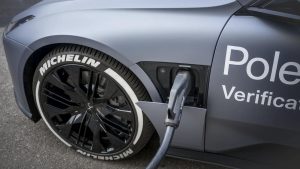
At just 10 minutes, the technology could make it as easy to charge as it is to fill a gas tank. But more work is needed to prove out the StoreDot technology.
According to a joint news release, the prototype battery in the Polestar 5 “has the potential to be increased to at least 100 kW.” That would suggest range could be increased by perhaps another 100 miles, though neither company would confirm that.
Polestar has been working with StoreDot for several years, as have a few other manufacturers, including Mercedes-Benz. But the Volvo spin-off is the first to publicly confirm it has moved from the lab to the highway, a major step in the process to commercializing the technology.
Previously, Polestar indicated a goal of bringing the new XFC battery into production by as early as 2027, though it did not set a target date in its latest announcement. Notably, that’s about the time that the Polestar 5 is set to enter production.
Nonetheless, this could be a major step forward, said StoreDot CEO Doron Myersdorf. “Polestar’s commitment acknowledges that extreme fast charging technology is necessary to make widespread electric car adoption a reality.”

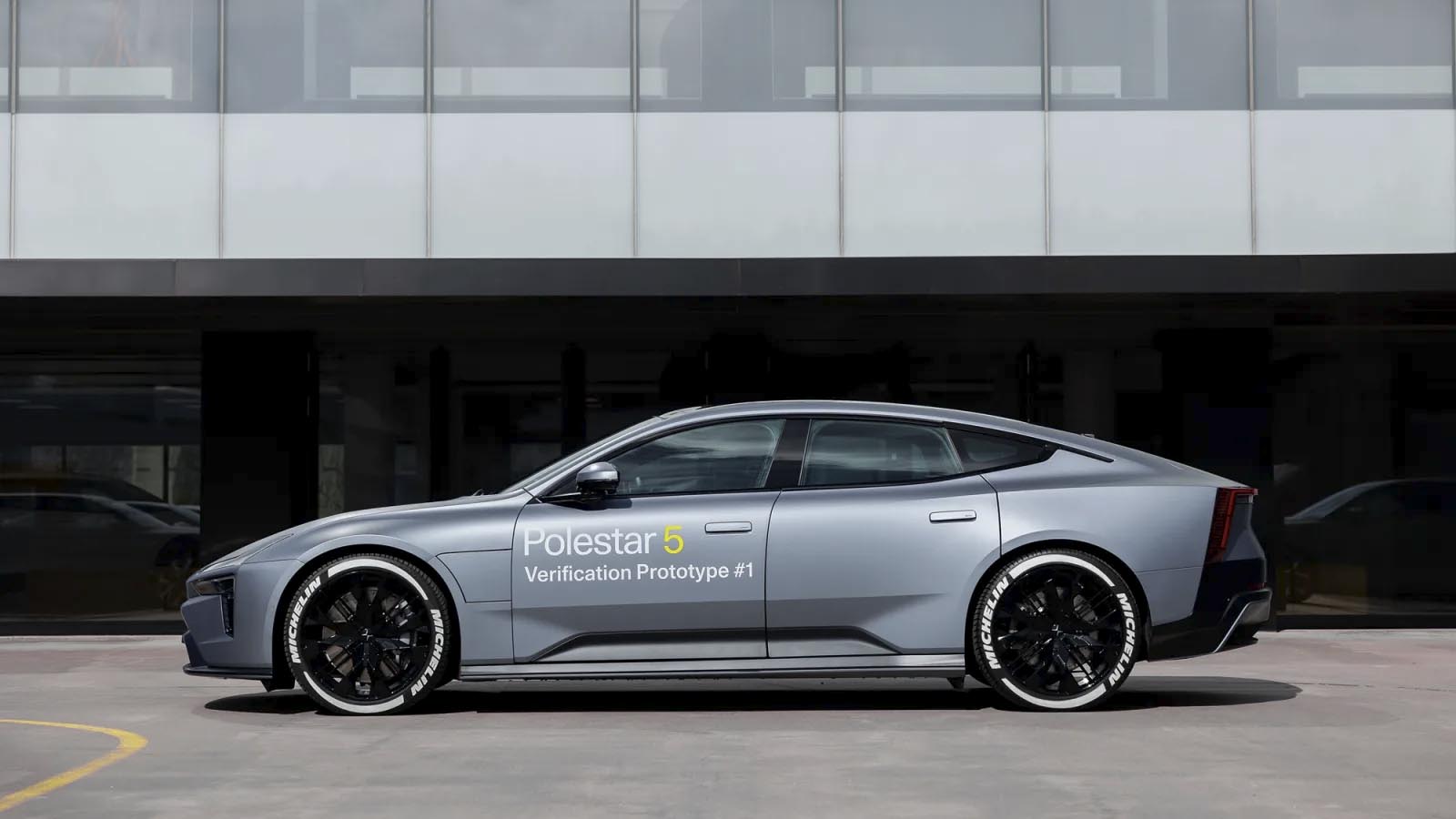
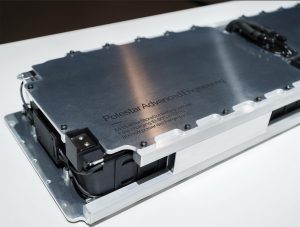
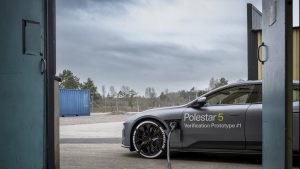

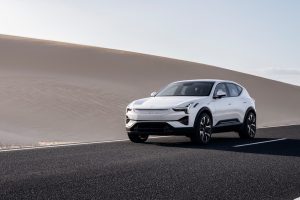

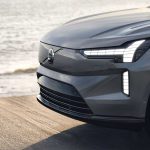

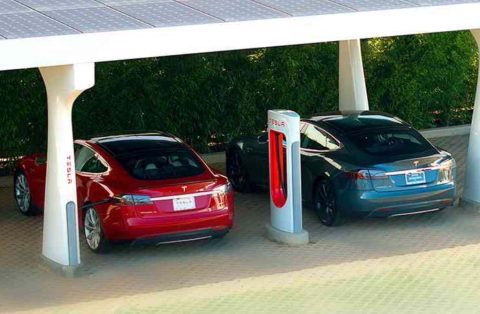
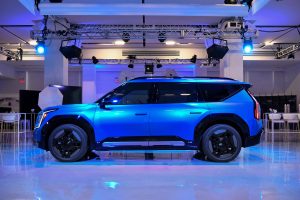

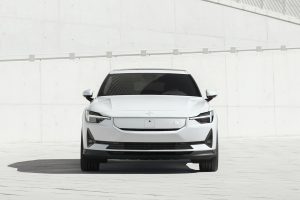
0 Comments